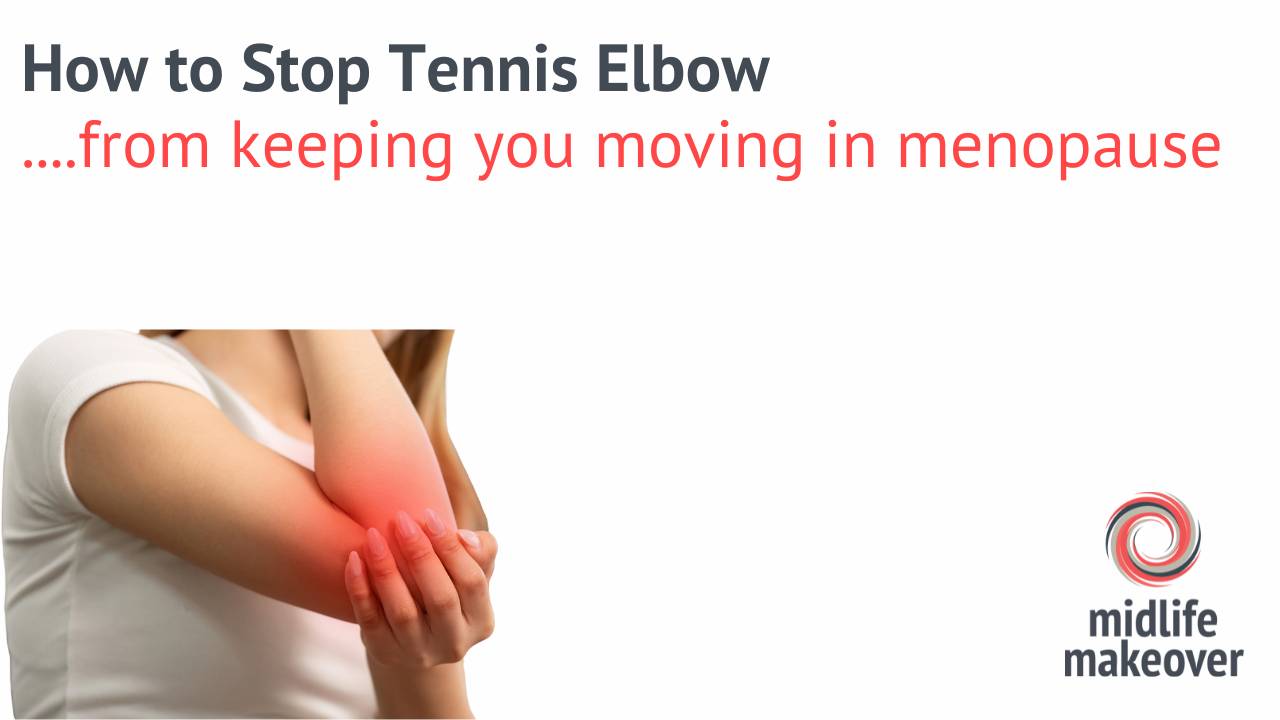Collagen - will it help your wrinkles?
Aug 04, 2021
We hear so many stories about how Collagen can turn back the clock, reduce our lines and wrinkles or turn our under exercised body into a stronger one - it’s no wonder we feel tempted to buy this so called wonder drug.
But how effective is it really?
Firstly - it’s important to know that collagen is vital in our body because it is the main building block of bones, muscles, ligaments and tendons and of course the largest organ in our body, the skin.
It is also part of our blood vessels, corneas ( that’s part of your eye) and your teeth - so a major player in keeping our body strong and able to function properly.
The word Kolla comes from the Greek word for glue - the stuff that holds us all together!
Collagen makes up about 30% of the protein in a human body, and apparently we have lots of different types but these are the main four -
-
Type I: The major one accounting for 90% of your body’s collagen. It helps to keep the structure of our SKIN, TENDONS, BONES, TEETH, connective tissue and CARTILAGE
-
Type 2: Found in CARTILAGE - important because it provides cushion for our joints.
-
Type 3: This type supports the structure of MUSCLES, ORGANS and ARTERIES
-
Type 4: Found in the HAIR and layers of SKIN
A natural part of ageing is that we produce less collagen, and what we do produce may not be as good as it used to be and excess sun, smoking or a poor diet will all reduce our ability to produce collagen too.
Why is all of this important?
Collagen manufacturers may focus on a particular type of collagen with the intention of convincing us that their product will solve all our problems - but there is little research to prove that it is effective for our HAIR SKIN or NAILS - however there is some research to show that it may help to alleviate ARTHRITIS, help with wound healing and muscle growth.
So before you hit the internet searching for your collagen in a pill form, consider ways you can help yourself NATURALLY - not only will you get the benefit from the collagen, but you will be doing your gut and general health a favour too.
Collagen from food can be found in
-
Chicken
-
Tofu
-
Pork
-
Fish
-
Beans
-
Eggs
-
Dairy products
-
Bone broth ( a stock made from animal bones boiled and used for soups, stews etc)
But in order to use the protein we eat and turn it into collagen, we also need lots of Vitamin C found in all coloured peppers, kiwi fruit, oranges, strawberries and dark green leafy veg.
Other foods that help with collagen production include wheat germ, cabbage, asparagus, mushrooms, sesame seeds, lentils, cashews and cocoa powder.
If this has helped you identify that you need to eat more protein because you aren’t eating it at EVERY MEAL ( most of us don’t eat enough at breakfast or lunch) then that’s great.
if you’d like to supplement your diet with collagen look for Hydrolyzed collagen (or “collagen peptide”) powder - it is flavourless and can be dissolved in smoothies, shakes and soups.
And if you are looking for a luxurious cream for your face, look for one with Vitamins A, B and C first as the collagen you pay for will only add a layer on top of your skin rather than be absorbed in making you look 20 years younger instantly!





